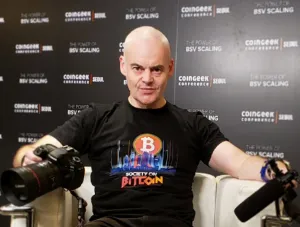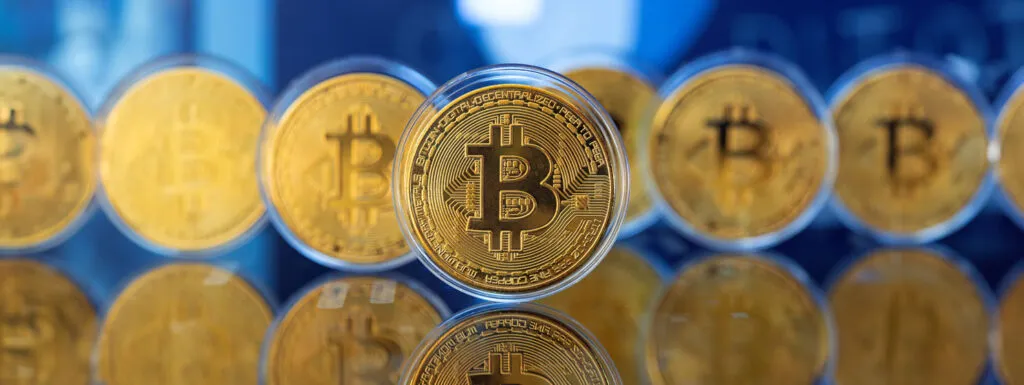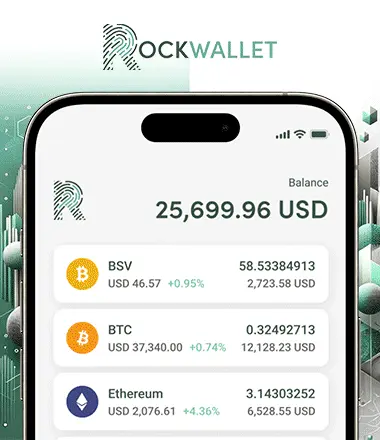
Article by Jon Southurst
-
27 June, 2025
Japan wants reforms to broaden appeal of digital asset investments
Japan's FSA created a working group to explore proposals related to taxation and the classification of digital assets to mirror...
-
23 June, 2025
OverNode is a ‘Sneakernet’ for the digital world
OverNode's mobile app features a wallet, marketplace, news feed, contacts list, private messaging, microblogging and audio spaces, and a timestamp...
-
10 June, 2025
BSV as ‘utility blockchain’ aims for use cases with trust
Ásgeir and Siggi Óskarsson sat down with Halbord's Sudhir to discuss BSV, its potential use cases, and its ability to...
-
5 June, 2025
Ageless Republic is an open-world MMORPG built for Web3
Ageless Republic lets players own and trade their in-game items, and the BSV blockchain keeps all the records on chain.
-
2 June, 2025
Japan’s new AI laws promote R&D, safeguarding the public
The passing of new AI laws is Japan's attempt to become at the forefront of AI innovation as global rivalry...
-
26 May, 2025
How firms put Bitcoin ‘sats’ to work as versatile digital tokens
Jon Southurst talks to some of the projects using STAS about why they decided to use it and why they...
Recommended for you
Japan's FSA created a working group to explore proposals related to taxation and the classification of digital assets to mirror...
June 27, 2025
OverNode's mobile app features a wallet, marketplace, news feed, contacts list, private messaging, microblogging and audio spaces, and a timestamp...
June 23, 2025

 07-02-2025
07-02-2025 









